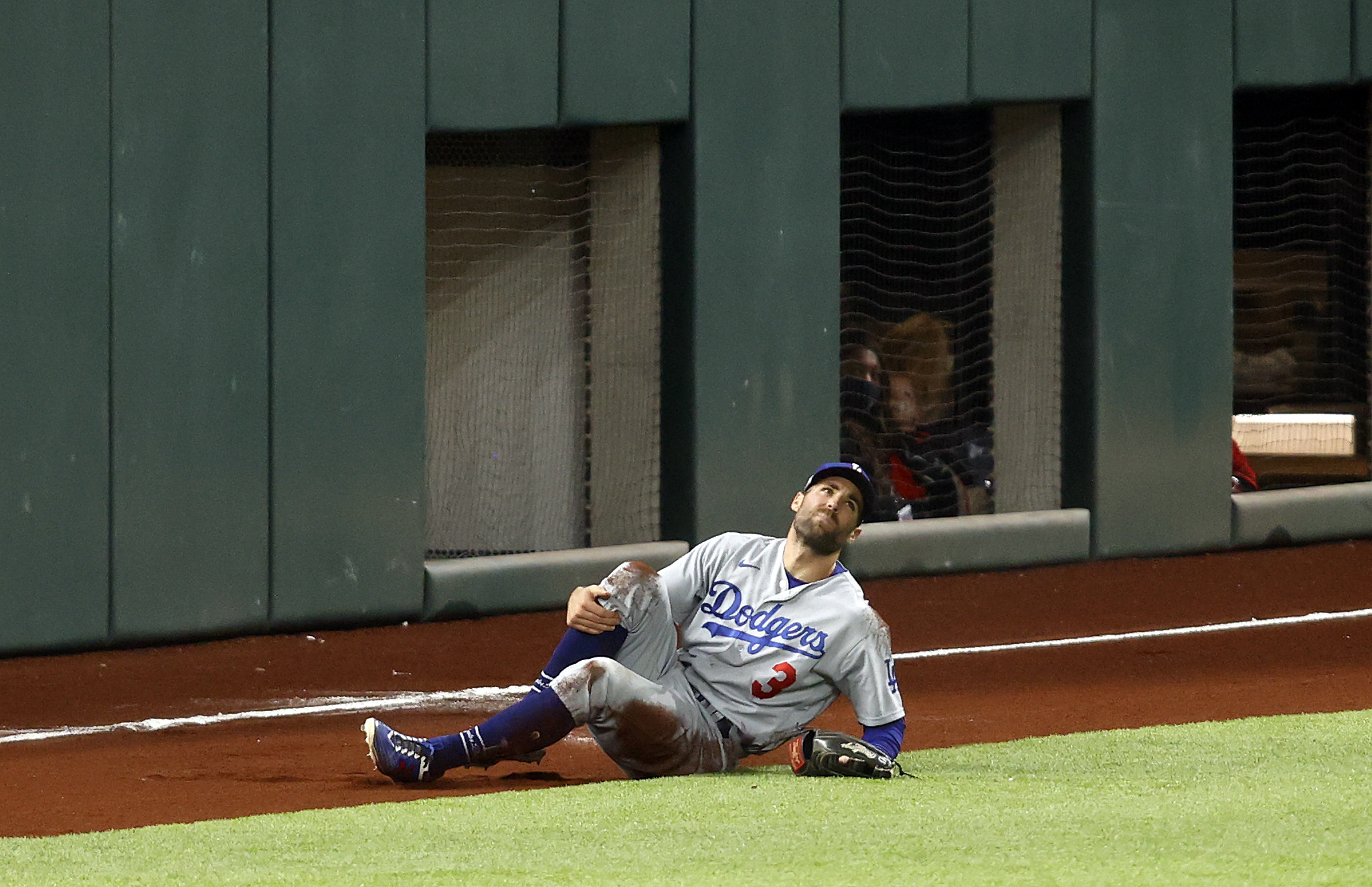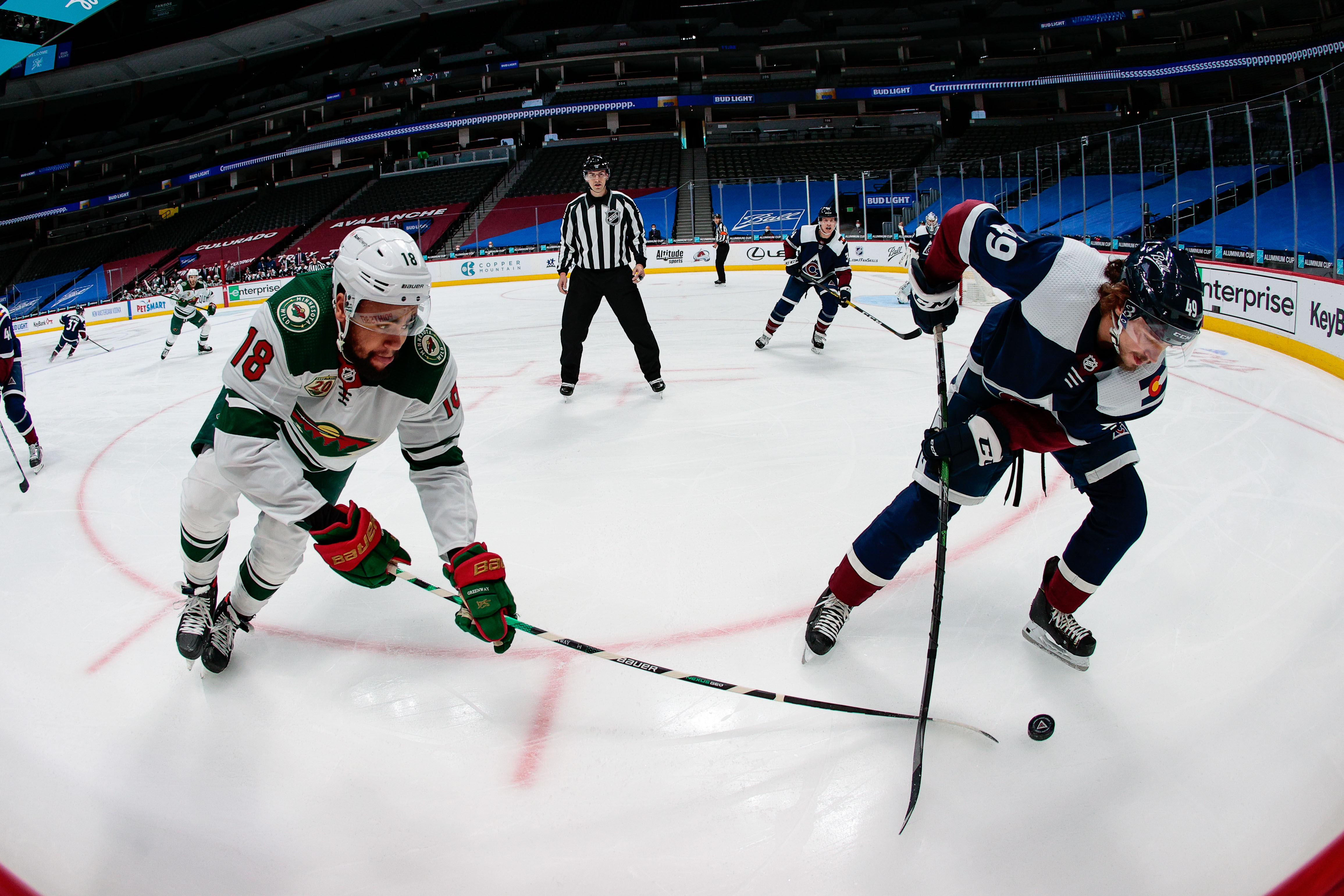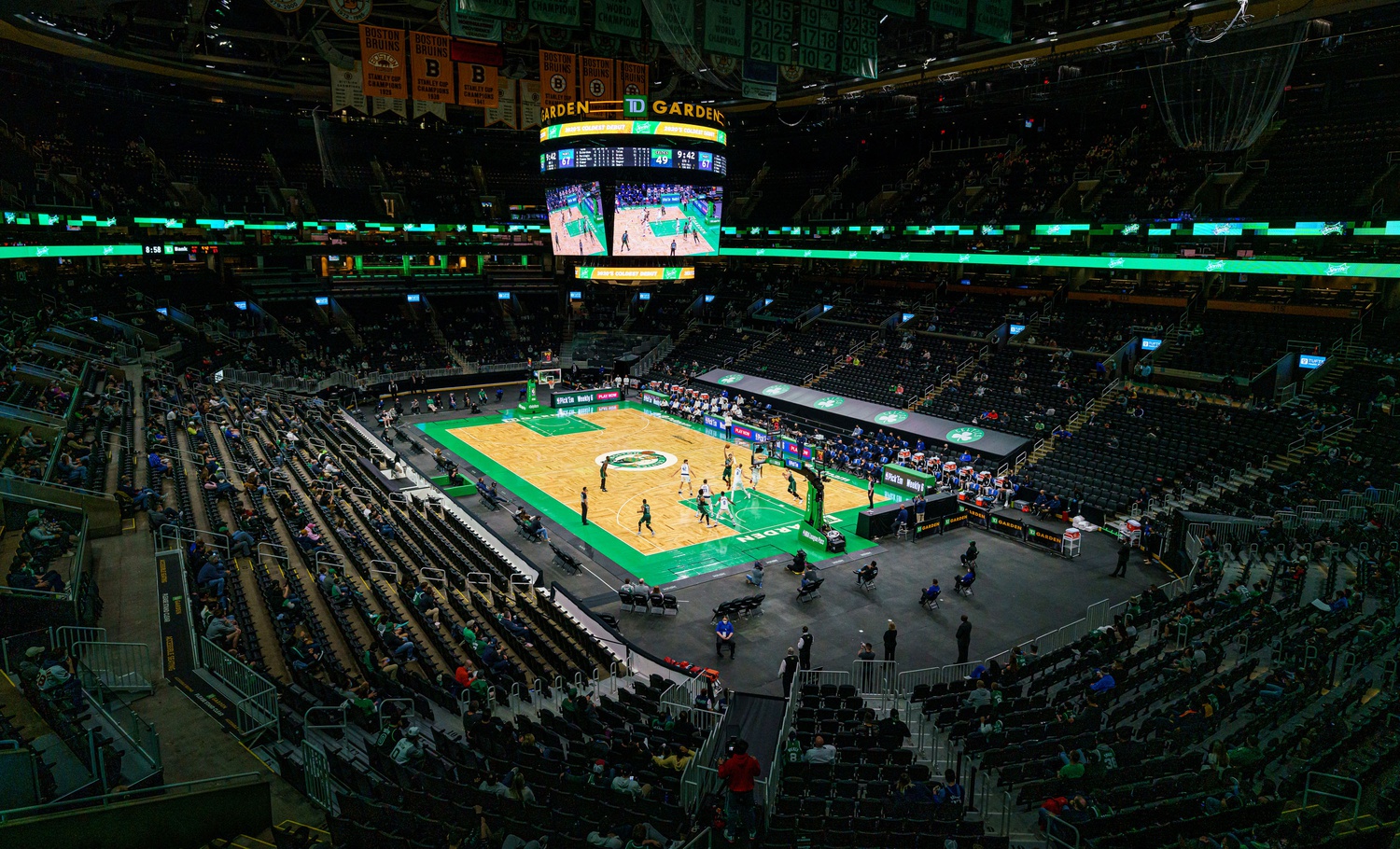Are you struggling to decide as to whether you should become a sports Corporate Attorney or not? Simply can’t understand what to do? Well, by the end of this article, you will surely be able to make a decision.
Sports attorneys are lawyers who handle different tasks revolving around various sports that require legal help. They make sure sports franchises, players, and team owners abide by the law and legal policies, and follow all the rules stated by the governing authorities.
Many figures and organizations require the assistance of a sports attorney. Their clientele includes sports organizers, franchises, individual players, team owners, and much more.

What Are The Educational Requirements For Becoming A Sports Attorney?
The path of becoming a sports lawyer does not differ much from a regular one’s. A sports lawyer must pass the law school, bar exam, and MPR. Moreover, they should also have an attorney’s license to work in the state in which they are employees.
There are training programs that happen every now and then so that they can learn more about the law and polish their skills as well as knowledge.
What Does It Take To Become A Sports Lawyer?
There are a couple of skills every sports lawyer must-have. These include:
- Advance knowledge of sports law
- An understanding of the current sports trends and litigation
- Willingness to succeed
- Build strong relationships with their clients
Questions To Ask Yourself

1. Will you be comfortable working alone?
Sports lawyers mostly spend time alone and work on their own. They have to go through stuff, review it, come up with legal work documents, and much more.
2. Will you be able to study for more years after secondary education?
Sports lawyers or any lawyer, are supposed to study for several years after their secondary education. They need to spend four years to achieve an undergraduate degree, and after that, they spend three years in law school.
3. Are you someone with excellent interpersonal skills?
Contrary to popular belief sports lawyers are also supposed to represent their clients in court, and this is why they must have strong interpersonal skills. They need to work on projects on a regular basis and work with well-known sports professionals.
4. Are you good at negotiating?
Sports lawyers need to negotiate with the opposing parties and sometimes even federations. This includes coming up with an agreement that is favorable for their clients.
Add The Sports Daily to your Google News Feed!
